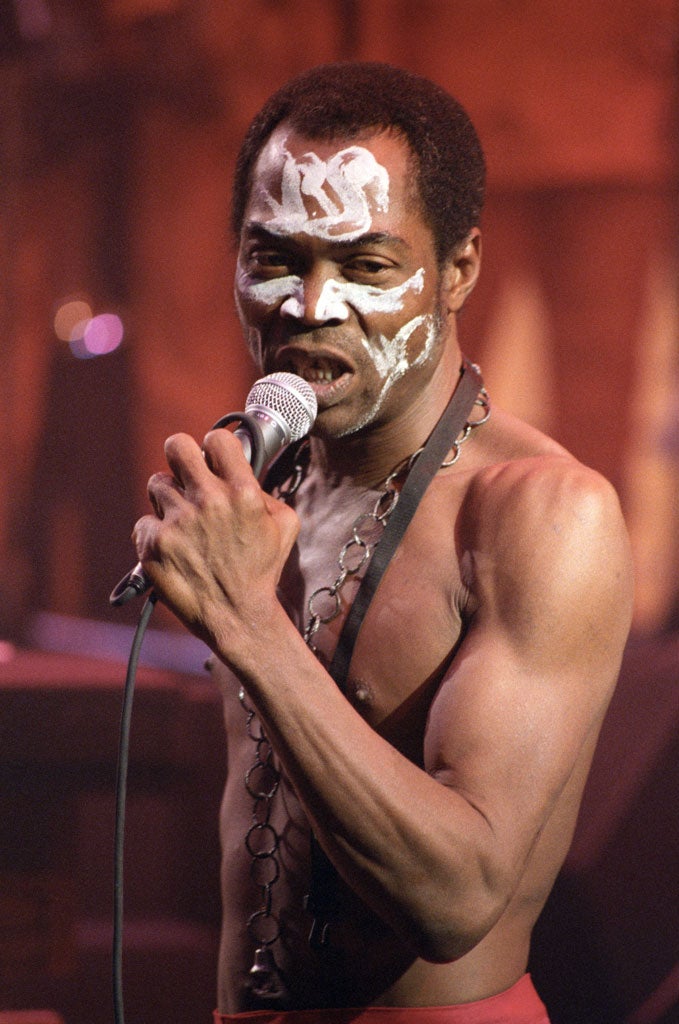Our Kind of People, By Uzodinma Iweala
From the myth of promiscuity to unmentionable illness

In his early twenties, in 2005, the US-born Nigerian and recent Harvard graduate Uzodinma Iweala published Beasts of No Nation. This remarkable debut novel imagined the life of Agu, pressed into service as a child soldier in a West African tin-pot militia when his father was killed and their village was destroyed. Initiation involved killing a woman and child with a machete. Agu's experiences of rape, bullying, hunger, bereavement and isolation built into a psychological wasteland, a brutal childhood's end of fear and exclusion, cauterised emotion and traduced promise.
Take out the machete and rape (although a fair amount of social coercion is alluded to offstage) and the remaining ingredients are very much the stock of Iweala's new non-fiction book. Our Kind of People returns to Nigeria to offer a mature reflection, born of four years' research, on the impact of HIV/Aids on individuals and on their society.
The first reported case of Aids in Nigeria was in 1985 but the disease was "considered a nonissue" by the authorities until the late 1990s. The hugely popular musician Fela Kuti's death in 1997 was attributed to Aids, which sparked an increase in public awareness, but problems of stigma and education beset any effective public-health response. An early association of acquiring HIV with moral laxness and promiscuity stigmatised those testing positive, and often led to ostracism. Many denied their infection, and were inhibited from accessing treatment that could defer or quell the onset of Aids.
Iweala deals adroitly with the promiscuity myth. Overlapping sexual partnerships are more culturally acceptable in Nigeria than in Western society, where serial relationships are more the norm. Overall totals are not dissimilar but the Nigerian pattern of concurrent sexual interaction is vastly more prone to spreading infection. And, while most epidemics kill the old, young or weak, HIV/Aids blooms in the 15-50 bracket. This reveals the virus's double impact: loss of adult life, with attendant care burdens, but also the community's loss of economic drivers.
Our Kind of People is necessarily more measured than Beasts, and Iweala's somewhat understated prose doesn't pack quite the same punch as his raw, shocking fiction. More meditative than investigative journalism, this is a sobering, ultimately optimistic exploration of a crisis amplified by poverty and misinformation. The passion of some of his interviewees leaps off the page, shrugging off the mantle of victimhood that is one element in raising public awareness about the treatable, liveable nature of managed HIV. There are some threads here, though, that still feel theoretical, and it would have been interesting to see what potency the author could have brought to the subject as fiction.
Buy Our Kind of People from independentbooksdirect.co.uk for £15.99 (RRP £17.99) including postage or call 0843 0600030
Join our commenting forum
Join thought-provoking conversations, follow other Independent readers and see their replies
Comments